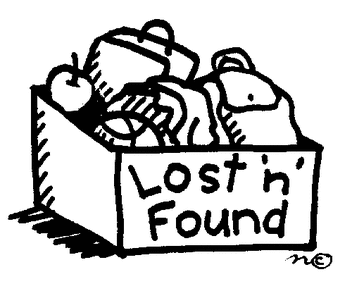
In a frenzy you look. But the frenzy produces nothing. The very thing that was needed has vanished. You are stopped in your tracks. You may become agitated and act out. Admit it. But still no keys or phone or papers. You may feel guilty and depressed. An emotional reaction surfaces. Now the situation is not about keys or phones. Now it is time to find someone to blame.
Your focus turns to those with whom you live. They must have moved what you needed. Maybe they did it to frustrate you, to interrupt your day. It’s easy to turn paranoid. As you do, a storm cloud forms over you. If no one is around to blame, you may blame your parents, a convenient target. If they hadn’t been so judgmental and demanding, etc., etc. Then, often, having blamed everyone who comes to mind, you see the missing item and feel guilty relief.
It’s bad enough when you lose an essential item, just when you need it. Everyone does that at some time. But what happens when you fear you’ve lost your country and your way of life? According to a recent CNN poll, nearly half of all Americans express fear and anger about the state of life in the United States. Something precious seems to have vanished. Many people look for someone to blame.
There is evidence to justify the fear and anger. The level of drug addiction. Divorce and broken relationships. Homelessness and joblessness. Personal struggles such as depression. The list goes on. And, of course, nagging fear of terrorism and anxiety about the economy. There are various sources of concern. Many of us conclude we have lost our way as a nation.
But imagine what we need is right in front of us. Amid our genuine challenges, a way forward is within sight. It is the local congregation, the faith community in our midst. Inside, people are finding pathways toward healing and reconciliation. The difference is, they are doing so together, finding support and direction from God and one another.
Together anything is possible. As our new book, Fragmented Lives, describes, life need not be divided, fearful and alone. We can find what we need. It is right in front of us. It is faith and a community who strives to embody it.




 RSS Feed
RSS Feed
